Jude Coleman

Trustworthy journalism comes at a price.
Scientists and journalists share a core belief in questioning, observing and verifying to reach the truth. Science News reports on crucial research and discovery across science disciplines. We need your financial support to make it happen – every contribution makes a difference.
All Stories by Jude Coleman
-
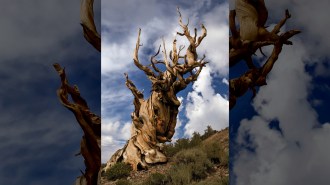 Plants
Plants'In Botanical Time' explores the ways Earth’s oldest plants cheat death
Author Christopher Woods unpacks the science behind ancient plants’ longevity in a new book.
-
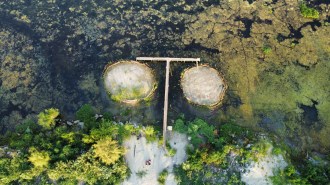 Earth
EarthRecycled glass could help fend off coastal erosion
Sand made from recycled glass can be mixed with sediment to make a medium for plants to grow in. That can help with coastal restoration projects.
-
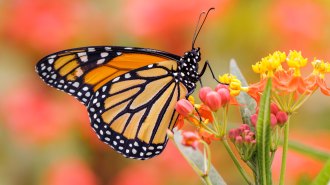 Animals
AnimalsWarm autumns could be a driver in monarch butterflies’ decline
In the lab, higher temperatures during fall migration led monarchs to break their reproductive pause, increasing their risk of death.
-
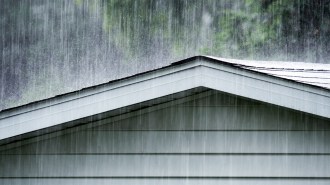 Physics
PhysicsHere’s how we might generate electricity from rain
Water drops produce electricity when dripped through a small tube. That power might be harnessed as renewable energy in rainy places.
-
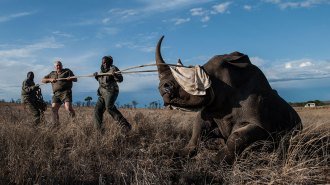 Life
LifeHow insects can help catch rhino poachers
A new study looks at which insects can be used as biological clocks to determine when a rhino was killed.
-
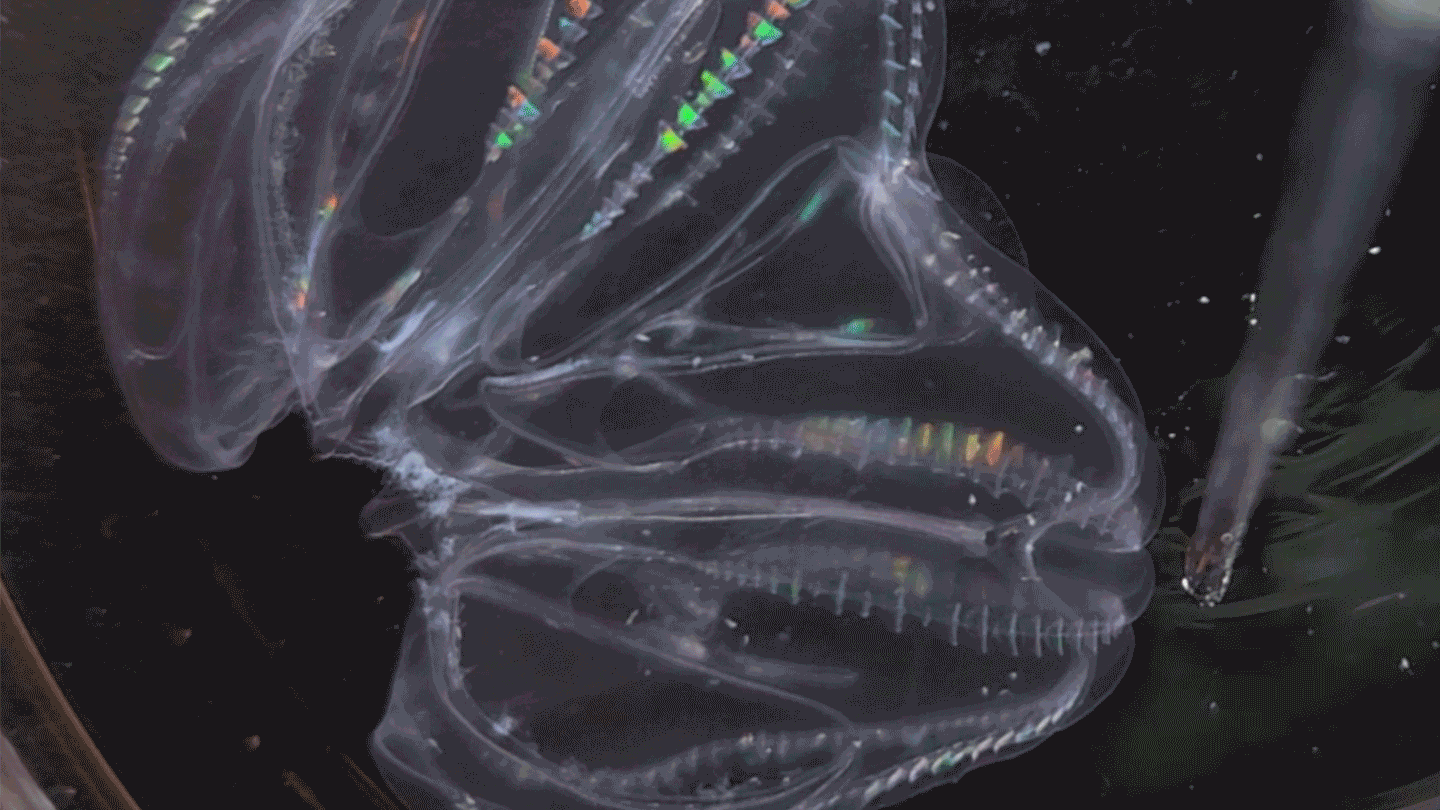 Animals
AnimalsThese sea creatures can fuse their bodies
A species of comb jelly can fuse its body with another jelly after injury. Some of the pair’s body functions then synchronize.
-
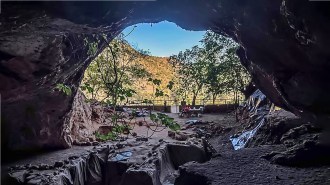 Archaeology
ArchaeologyThese Stone Age humans were more gatherer than hunter
Though not completely vegetarian, the Iberomaurusian hunter-gatherers from North Africa relied heavily on plants such as acorns, pistachios and oats.
-
 Environment
EnvironmentHeat waves cause more illness and death in U.S. cities with fewer trees
There are usually fewer trees in neighborhoods with higher populations of people of color. Planting trees could save hundreds of lives every year.
-
 Animals
AnimalsSome mysteries remain about why dogs wag their tails
Wagging is a form of communication, with different wags meaning different things, but scientists know little about the behavior’s evolution in dogs.
-
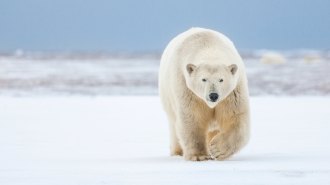 Materials Science
Materials ScienceA fiber inspired by polar bears traps heat as well as down feathers do
Scientists took a cue from polar bear fur to turn an ultralight insulating material into knittable thread.
-
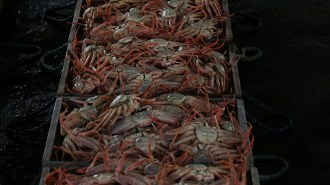 Life
Life10 billion snow crabs have disappeared off the Alaskan coast. Here’s why
In the eastern Bering Sea, the snow crab population plummeted after a marine heat wave in 2018. The crabs may have starved, a new study finds.
-
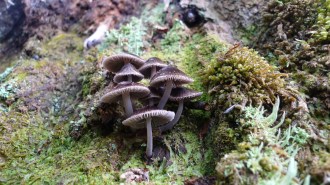 Earth
EarthWhen discussing flora and fauna, don’t forget ‘funga’
Conservation efforts often overlook fungi. That can change by using “mycologically inclusive language,” researchers say.